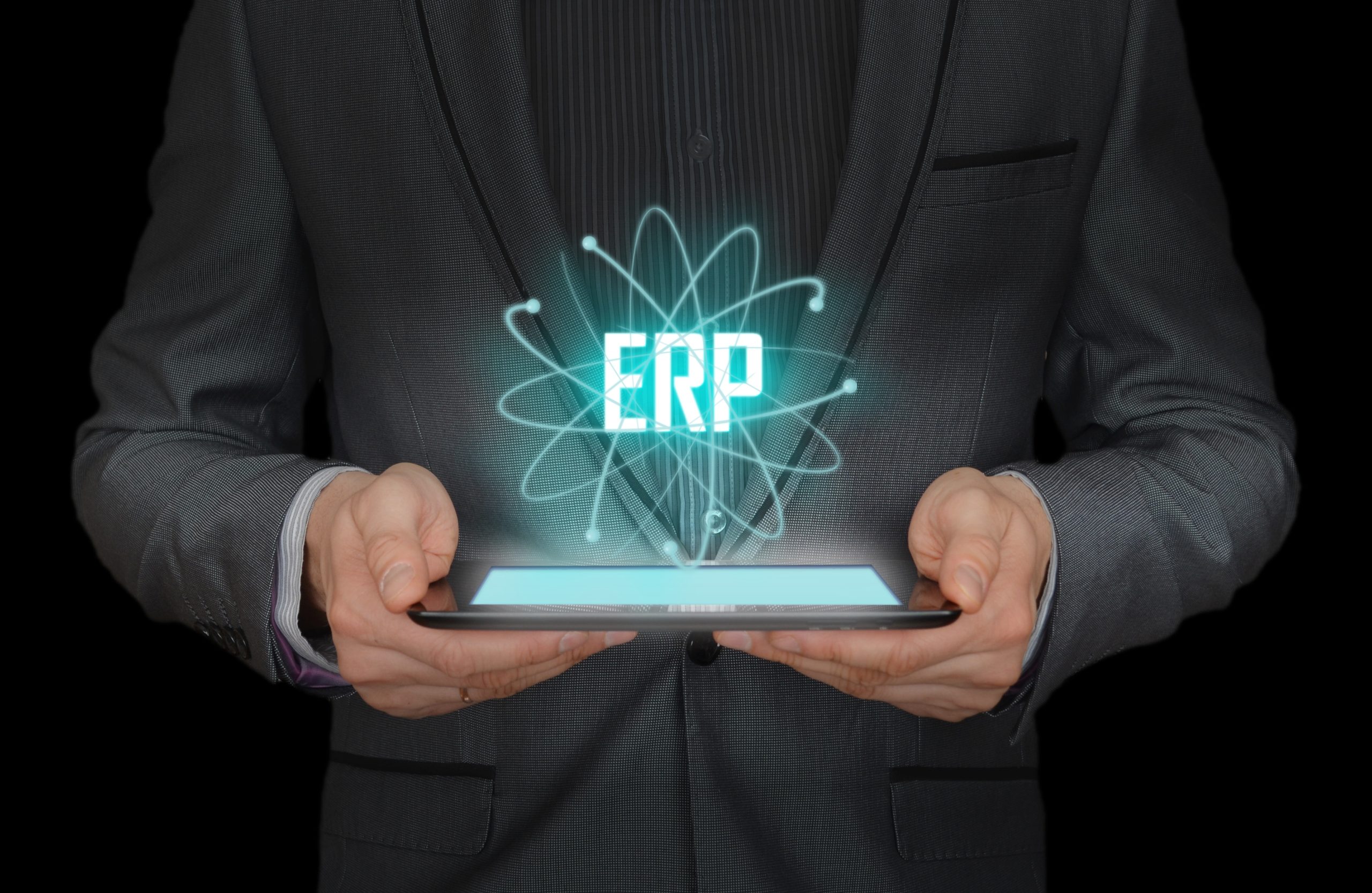
In today’s fast-paced business environment, organisations are constantly looking for ways to increase their agility and adaptability to market changes. Traditional monolithic Enterprise Resource Planning (ERP) systems, while effective in streamlining business processes, can often be rigid, difficult to scale, and challenging to customise. Enter Composable ERP, a flexible, modular approach to ERP systems that is revolutionising how businesses manage and optimise their operations.
What is Composable ERP?
Composable ERP is a modern approach to ERP system design that allows businesses to assemble their ideal ERP solution from a combination of modular components or microservices. These components are integrated through APIs, allowing organisations to pick and choose the features they need while ensuring scalability, flexibility, and faster adaptation to changes in the business environment.
Unlike traditional ERP systems that offer a one-size-fits-all solution, composable ERP allows businesses to build their system around their specific requirements, tailoring the solution to their unique processes, industries, and growth strategies. This flexibility offers greater control over software customisation, enabling businesses to adapt to new challenges and opportunities more effectively.
Key Features of Composable ERP
- Modularity and Flexibility
One of the primary features of composable ERP is its modularity. Organisations can select individual modules or microservices based on the business functions they need, such as finance, supply chain management, human resources, or customer relationship management (CRM). These modules are integrated to work seamlessly together, allowing businesses to create a bespoke ERP solution that suits their needs. - API-Driven Architecture
Composable ERP systems rely on APIs to integrate various modules and third-party applications. This API-first approach ensures that businesses can easily connect their ERP solution with other systems, enabling seamless data exchange and ensuring that all components function cohesively. APIs also facilitate easy updates and upgrades to individual modules, without disrupting the entire system. - Cloud-Native Infrastructure
Composable ERP solutions are typically built on cloud-native platforms, offering businesses the advantages of scalability, security, and accessibility. Cloud-based systems allow organisations to access their ERP software from anywhere, at any time, and provide automatic updates, ensuring that the solution stays current with the latest features and security patches. - Scalability and Customisation
A composable ERP system can easily scale as a business grows. Since organisations can add new modules or update existing ones as needed, the system can evolve in line with changing business requirements. Additionally, businesses can customise modules to suit their specific needs, allowing for greater flexibility compared to traditional ERP systems. - Seamless Integration with Existing Systems
Many organisations already have various software tools to manage different aspects of their operations. Composable ERP’s modular design and reliance on APIs make it easier to integrate with existing systems, ensuring that businesses can build on their current software ecosystem rather than starting from scratch.
Benefits of Composable ERP
- Increased Business Agility
The core benefit of composable ERP is the ability to rapidly adapt to changing business needs. With modular components, organisations can quickly adjust their ERP system to accommodate new market conditions, industry shifts, or regulatory changes. This flexibility enables faster decision-making, reduces the time-to-market for new initiatives, and enhances overall business agility. - Cost Efficiency
Composable ERP offers a more cost-effective solution compared to traditional monolithic ERP systems. Since businesses only pay for the modules they need, they can avoid the expense of unnecessary features and services. Additionally, businesses can scale their systems incrementally, ensuring that they only invest in additional functionality when it becomes necessary, rather than committing to an expensive, all-inclusive solution upfront. - Faster Implementation and Upgrades
Traditional ERP implementations can be time-consuming and require significant resources to configure and deploy. Composable ERP, on the other hand, allows businesses to implement individual modules as needed, reducing implementation times and minimising disruptions to ongoing operations. Updates and upgrades are also faster since they can be applied to individual modules without affecting the entire system. - Improved Innovation
With composable ERP, businesses can integrate cutting-edge technologies and innovative tools into their ERP solution. Whether it’s advanced data analytics, AI-powered automation, or IoT connectivity, businesses have the freedom to incorporate the latest technologies into their ERP system to drive innovation and competitive advantage. - Enhanced User Experience
By tailoring the ERP system to their specific needs, businesses can create a more intuitive and user-friendly interface. Customisable dashboards, workflows, and reporting features ensure that employees can access the information and tools they need in a way that makes sense for their role, improving user adoption and productivity. - Reduced Vendor Lock-In
Composable ERP reduces the risk of vendor lock-in, a common challenge with traditional ERP systems. Since businesses can mix and match modules from different vendors, they are not tied to a single provider for all their ERP needs. This gives businesses greater flexibility to choose best-of-breed solutions and switch vendors if necessary, without disrupting their entire system.
Real-World Use Cases for Composable ERP
- Retail and E-Commerce
Retailers and e-commerce businesses can leverage composable ERP to integrate various modules such as inventory management, order processing, customer support, and payment processing. The ability to quickly scale these modules as demand fluctuates ensures that businesses can maintain a seamless customer experience even during peak seasons. - Manufacturing
In manufacturing, composable ERP enables businesses to optimise supply chain management, production planning, and quality control. Manufacturers can choose modules that integrate with IoT devices and real-time data analytics, allowing them to streamline operations and reduce downtime. - Healthcare
Healthcare organisations can benefit from composable ERP by selecting modules tailored to their specific needs, such as patient management, billing, scheduling, and regulatory compliance. The system’s modularity allows healthcare providers to implement updates and new features quickly, ensuring they stay aligned with evolving healthcare standards and regulations. - Finance and Insurance
Financial institutions can customise their ERP systems with modules that support accounting, risk management, compliance, and customer relationship management. Composable ERP ensures that these modules can integrate with external financial platforms, providing a unified view of financial data and improving operational efficiency.
Challenges and Considerations
While composable ERP offers numerous benefits, businesses must carefully consider several factors before making the transition. Choosing the right modules, ensuring seamless integration, and managing multiple vendors can pose challenges. Additionally, businesses must ensure that they have the internal expertise to manage a more complex ERP system and ensure ongoing support and maintenance.
Composable ERP is transforming the way businesses approach enterprise resource planning. By offering flexibility, scalability, and customisation, composable ERP allows organisations to build an ERP system that aligns with their unique needs and rapidly adapts to changing market conditions. With the right strategy and careful selection of modules, businesses can create a powerful, agile ERP solution that drives efficiency, innovation, and growth.

Leave a Reply